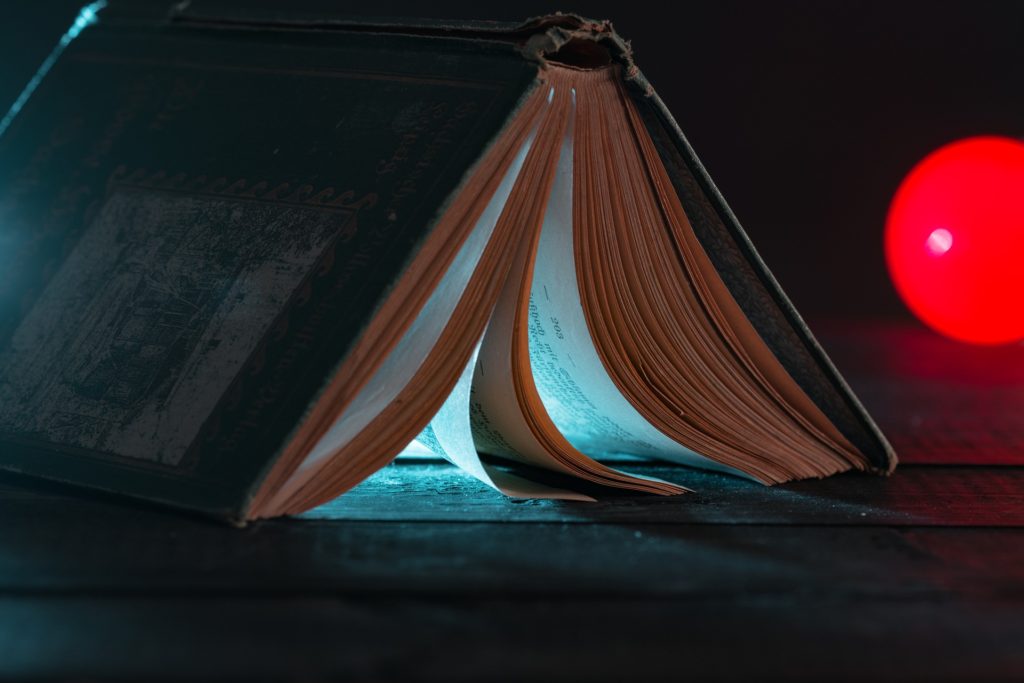There are many guides out there that promise to teach you how to write genre fiction. And yet few of them will tell you the most important thing: Writing genre fiction is an inherently people-pleasing act, which is an always dangerous business.
In a sense, genre fiction is the opposite of literary fiction. Whereas literary fiction deals with abstractness and generality, genre fiction deals with concreteness and specificity. To put it another way, if literary fiction is about “everyone, always”, genre fiction is about “that one, right there and then”Of course, this is a somewhat simplistic way of putting it. Quality literature (including genre fiction) can always extrapolate from the specific to the generic, even if it does so operating on a subconscious level. Take a look at my review of The Lighthouse..
If this sounds a bit too theoretical, worry not; I’ll unpack it in more detail in this post. My purpose is not to offer you tips on how to write genre fiction, but tips on how not to write genre fiction – though obviously enough, the two processes overlap.
In other words, I’ll highlight the pitfalls of writing genre fiction, together with my opinion on how to avoid them (there’s a twist in the plot here).


